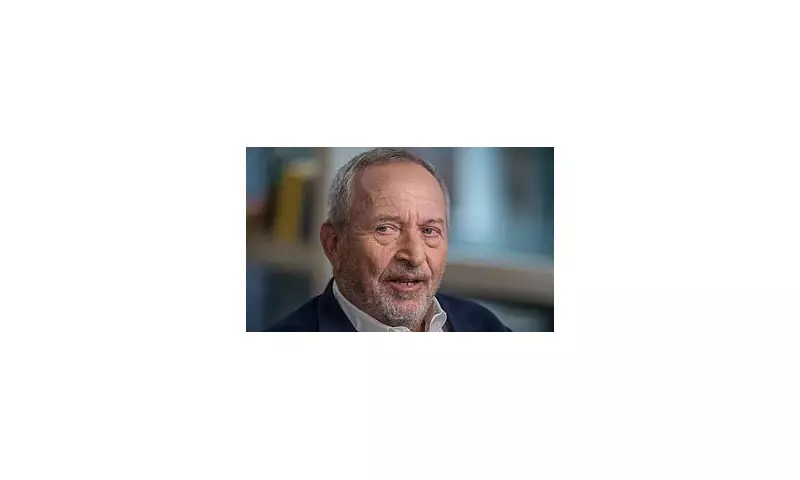
Harvard Professor's Epstein Email Scandal Rocks Academic World
Harvard University professor Larry Summers has been caught in a major controversy after the release of embarrassing emails showing he sought romantic advice from convicted sex offender Jeffrey Epstein. The House Oversight Committee made public a substantial collection of Epstein's correspondence last week, revealing several messages from one of Harvard's most prominent economists.
Details of the Email Exchanges
The email conversations between Summers and Epstein occurred between 2013 and 2019, during which the two frequently discussed current affairs and political matters. However, the correspondence also delved into the personal life of the 70-year-old economics professor, with Summers openly sharing details about his romantic difficulties.
In one particularly revealing exchange from 2019, Summers complained to Epstein about feeling like 'the friend without benefits' in a relationship with a woman who had rejected him. The veteran economist specifically asked the disgraced financier for guidance on how to respond to her text messages.
Another instance from November 2018 shows Summers forwarding a redacted email from a woman to Epstein, explicitly seeking advice on crafting his reply. 'Think no response for a while probably appropriate,' Summers wrote in his message. Epstein responded with: 'she's already beginning to sound needy :) nice.'
Political Fallout and Demands for Action
The revelation has prompted immediate political consequences, with Senator Elizabeth Warren publicly urging Harvard University to sever all connections with Summers, who previously served as president of the prestigious Ivy League institution.
Warren told CNN that given Summers' extensive friendship with Epstein, she believes he 'cannot be trusted' with the responsibility of mentoring young college students. The senator's strong statement adds significant pressure on Harvard administration to address the situation.
The email scandal raises serious questions about judgment and associations within elite academic circles, particularly given Epstein's criminal history and the timing of these communications occurring years after his initial conviction.
This developing story continues to unfold, with further updates expected as more details emerge about the extent of Summers' relationship with the convicted sex offender and Harvard's response to the controversy.





